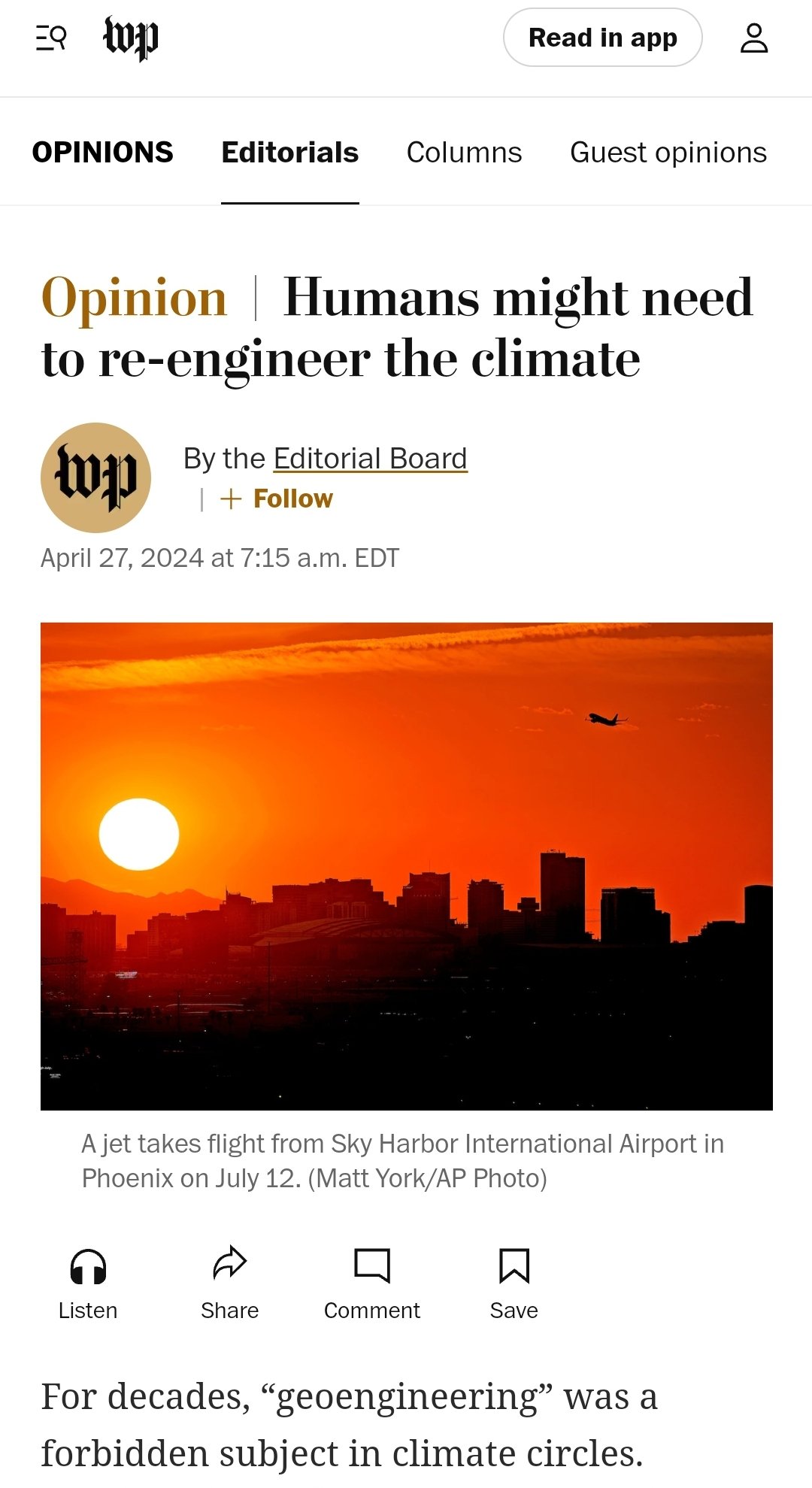https://api.follow.it/track-rss-story-click/v3/4rUNGyamP_cNJU53EWdhVRtLdxSOwF-n
The Climate Change Agenda Goes Out With A Bang
Climate Change Dispatch / 3d
electric car chargingAmbitious plans conceal growing voter skepticism. Politicians will catch on sooner or later, and hard.
We’re supposed to view this week as a banner occasion in the annals of climate change.
The European Union unveiled a mammoth new plan to control carbon emissions, while Beijing rolled out an emissions trading scheme and the U.K. released a plan to green up transportation.
Except this is all happening as climate politics seem to be undergoing a rapid and significant shift in many places, and not in the direction environmental activists hoped.
To wit: Voters have started noticing how much they’re each going to have to spend to reduce carbon emissions, and they don’t like it.
It’s a startlingly broad phenomenon. The Swiss last month rejected a referendum to impose a fuel tax and a tax on airline tickets.
The British cabinet, which on Wednesday proposed major new carbon restrictions for transport industries, also is split over previously announced plans to ban gas-fired home heating and require landlords to boost energy efficiency in rental units.
The EU hadn’t even unveiled its marquee new climate package this week before furious lobbying erupted in opposition from almost everyone. French officials sound particularly alert to the danger, and no wonder.
President Emmanuel Macron has seen his agenda knocked off course for the better part of three years by grassroots protests against a diesel tax hike that started in 2018.
Meanwhile, in Japan, climate-minded shareholders have just wrapped up a disastrous (for them) season of annual shareholder meetings.
Resolutions codifying aggressive corporate carbon targets were defeated at all three companies where activists proposed them— Mitsubishi UFJ, Sumitomo, and Kansai Electric Power.
This followed the announcement in April that Japan’s Government Pension Investment Fund, the world’s largest with around $1.6 trillion under management, is abandoning trendy ESG investing. (It stands for “environmental, social and governance.”)
The strategy was a financial loser, and “we can’t sacrifice returns for the sake of buying environmental names or ESG names,” Kenji Shiomura, senior director of the fund’s investment strategy department, said in an interview with Bloomberg.
Given Japan’s impending glut of retirees and shortage of workers, Bloomberg’s reporters had to concede that “pensions are a more sensitive subject than climate change.”
Two years ago the green crowd was basking in Greta Thunberg’s glow and activists thought the public had reached a tipping point in favor of climate action. What happened?
Primarily climate activists are victims of their own success. For a variety of reasons — some market-based and benign, and others regulatory and expensive — carbon intensity in developed economies has declined markedly in recent decades.
By one count, the U.S. now emits 0.28 kilogram of carbon dioxide for every dollar of gross domestic product, down from more than 0.8 kilograms in the 1970s (using constant 2010 dollars).
Britain’s emissions per dollar of GDP have declined to around 0.13 kilogram from above 0.6 kilograms in the same span, and Japan’s to 0.18 from 0.36.
This suggests that further reductions in emissions in these economies are likely to be much harder and costlier to eke out.
Note how, despite fantastical promises about the economic benefits of electric cars or green jobs, it always seems to require uncountable trillions of dollars for taxpayer-financed Green New Deals and an extra couple of hundred bucks on your household heating bill to get from here to there.
This only encourages Western voters to notice all the other parts of the world where carbon intensity has not yet declined to the same degree, such as China, India, and Russia, whose carbon emissions per dollar of GDP stand between nine and 10 times as high as the lowest-emitting market economies.
Those countries need only import already-existing carbon-reducing technologies. Beijing’s new emissions trading system almost certainly is an attempt to force recalcitrant companies to do this, as much for the sake of general economic efficiency as for any other reason.
Such a transition still will be costly, to be financed either via higher consumer prices on Chinese exports or direct government subsidies.
But it’s almost certainly cheaper than developed countries’ current plans to blow another few trillion dollars trying to invent an entirely new economy to achieve only marginal emissions reductions.
Don’t bank on such realities intruding on the COP26 confab in Scotland later this year. This week’s raft of huge new green initiatives suggests the climate agenda will go out with a bang rather than a whimper.
But as the costs climb toward the stratosphere, one can speculate anew on how long it will be until gravity reasserts itself.
At which point, expect the climate-change-industrial complex to concoct some pretext by which it can claim victory on the basis of progress already achieved—before any other hapless politician need ask voters to spend money they simply don’t want to give up anymore.
Read rest at WSJ ($)
SHARE
VISIT WEBSITE




